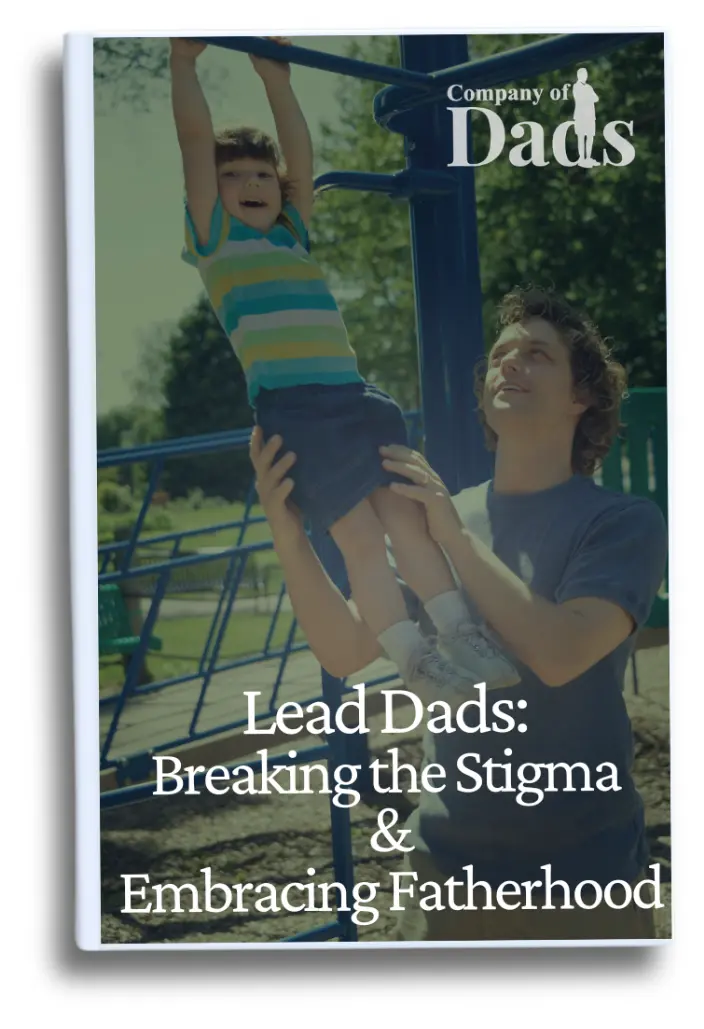You never think of having these conversations unless you have to. One day, life moves along as usual, and the next, someone you love gets sick or hurt, and suddenly, everything feels different. You notice the way your child picks up on the tension, watching your face more closely, asking questions in that small, careful voice. The truth is, you don’t always have all the answers.
You want to protect them and maybe even shield them from it all. However, they’re already noticing the change, and whether you talk about it or not, they’re forming their ideas. The best thing you can do is to guide them through it — help them understand, feel safe, and find small ways to show love and support. It’s not about making it easy because some things just aren’t. What you can do is make it gentler, and that’s what matters.
Noticing the Change Together
Kids pick up on things before you even say a word. They notice when routines shift because your voice sounds different or there’s a new kind of quiet in the house. Even if they don’t understand it, they can feel it.
That’s why staying silent doesn’t stop them from worrying. Instead, it leaves them guessing. Start small: “Things feel different right now, don’t they?” That little bit of honesty tells them they’re not imagining it.
In recent years, it’s become increasingly common for people to neglect needed medical care, which may in turn lead to more noticeable long-term problems. Kids will notice if someone they love is hurting and not getting better. Encouraging your loved ones to seek help when needed and letting your child know that steps are being taken can help them feel more secure.
Explain in a Way They Understand
When talking to young kids about a loved one’s illness or injury, keep it simple and honest. They don’t need to know every detail, but they do need to feel like they’re part of the process. You could say something like, “Grandma’s body isn’t working the way it should right now, so she needs help from doctors to feel better.”
It’s important to be clear without overwhelming them. Use familiar terms and concepts they understand. If they ask questions you’re not sure how to answer, it’s OK to say, “I don’t have all the answers, but we’re doing everything we can.” Let them know it’s all right to feel confused or sad about it, too.
Help Them Feel Involved
Kids want to help, but they may not always know how. Encourage small acts of kindness to show their love. A simple drawing, a favorite toy to comfort or even just sitting with a loved one can make a big difference.
You can guide them by saying, “It makes grandma feel happy when you talk to her,” or, “It’s really kind when you help with little things at home.” This helps them understand that they can be a source of comfort without having to fully understand the situation. Teaching them empathy early on is invaluable, even in difficult times.
Take Care of Yourself
Your child might feel a mix of emotions during times of change, from confusion to sadness or even anger. It’s important to validate those feelings. Let them know it’s OK to be upset and that you’re there to help them work through their emotions.
You might say, “I know this is hard, and it’s OK to feel upset. I feel that way too sometimes.” Sharing your feelings lets them know it’s normal to experience emotions, and it shows them that it’s all right to express how they feel, too. Encouraging open conversations can help them process their feelings and feel secure.
Holding It Together
Navigating a loved one’s illness or injury can be challenging, especially when you’re trying to explain it to a young child. With honesty, reassurance and a little creativity, you can help them understand and support their loved one. Remember, you don’t have to have all the answers — just being present and showing love goes a long way. As long as you’re there to guide them, your child will feel secure through the ups and downs.
Jack Shaw is the senior lifestyle writer at Modded with and a single father with a special interest in navigating the ins and outs of being a parent. As fathers, the work we put in isn’t always recognized, but it’s absolutely essential to the health and well-being of our children. You can find more of Jack’s work in publications like Tiny Buddha, Daddy’s Digest, Parent.com and more. Contact him via LinkedIn.









